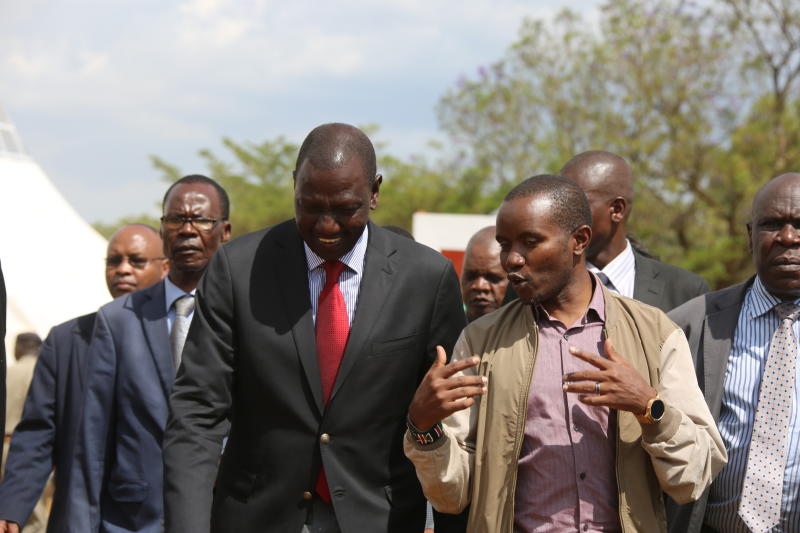×
The Standard e-Paper
Smart Minds Choose Us

ICT Cabinet Secretary Joe Mucheru yesterday tore into Deputy President William Ruto and accused him of promising youths analogue solutions to economic challenges.
In a no holds barred speech, Mr Mucheru accused Ruto of championing far-fetched economic fantasies anchored on falsehoods and said youths are not hustlers.